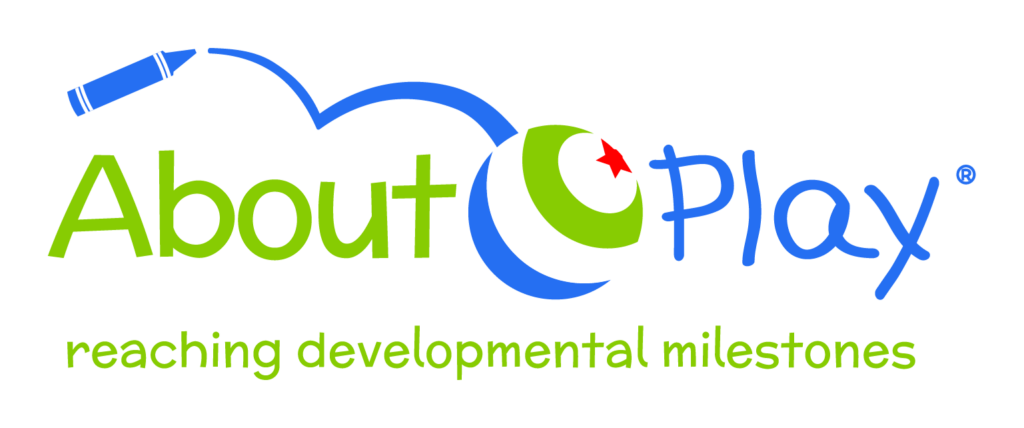Blog

How to Help a Child with a Developmental Delay
You need only look within one family to see how varied children are when it comes to meeting developmental milestones. One sibling might begin walking at nine months while her younger brother might not take his first steps until after his first birthday. A baby boy might be chatting up a storm at twelve months, while his older sister might only have had a few words until she was closer to two years of age. These differences are typical and expected.
However, if a child has ongoing developmental delays or multiple delays in different areas, it might signal that they have a developmental delay. Believe it or not, according to the Centers for Disease Control and Prevention, about one in six children in the U.S. have one or more developmental disabilities. But just because they’re common, doesn’t mean they’re easy. It can be overwhelming if your child or one in your care is exhibiting signs of developmental delays. So what can you do to help?
1. First, refer them to, or bring them to see an early intervention specialist
Early intervention is support and services for children with developmental delays from birth up to three years of age. This research-based approach has been shown to minimize – or even prevent – effects of developmental delays, enhance children’s lives, and help them live up to their full potential.
Parents of children with developmental delays face unique challenges as well. That is why early intervention services are also critical for families so parents understand how best to meet the needs of a developmentally delayed child and get the support services that they need to advocate for their children.
2. Play, play, and play some more
For children, play is not a luxury. It is crucial for their development. Psychologist Jean Piaget famously said, “Play is the work of childhood.”
Play helps children learn life skills. It is how they learn about themselves and the world around them. It also teaches them to cooperate with others, ignites creativity, helps them solve problems, increases independence, and improves fine and gross motor skills. For example, taking turns in a board game or on the playground teaches empathy and respect. Clicking Lego pieces together helps improve fine motor skills, while a picky eater might benefit from cooking with a parent.
3. Include visual cues when giving directions
Everybody learns differently. Some people respond better to auditory cues while others are kinesthetic learners who need to “do” in order to learn. Children with developmental delays are often strong visual learners who just understand and retain what they see better than what they hear.
Incorporating visual supports, such as physically modeling a task, labels, or boundary markers on a floor helps a child with a developmental delay children better understand what is expected of them so they are less likely to engage in problematic behavior.
4. Provide structure and a set routine
Most children benefit from daily routines because they better know what to expect, like when nap time is always after lunch. But schedules and routines are even more critical for children who are working with some sort of developmental delay, who can become overwhelmed by simple daily tasks, such as packing a backpack or using the toilet.
For example, transition routines help children move from one activity to another. If a child has a difficult time settling down after recess, a teacher could play a specific song at the same time each day, to signal the child that it’s time to shift into learning mode.
Similar to communication misunderstandings, children with developmental delays who know what to expect will likely experience fewer frustrations that lead to acting out. Consider posting a schedule in a prominent place in your home or classroom, with pictures or symbols for children who can’t yet read.
About Play – Reaching Developmental Milestones
If you’re looking into ways to support a child with a developmental delay, there’s no better support than from a trained early intervention specialist. Get in touch with the experts at About Play to learn how we can help support your child as they continue to learn and grow.




